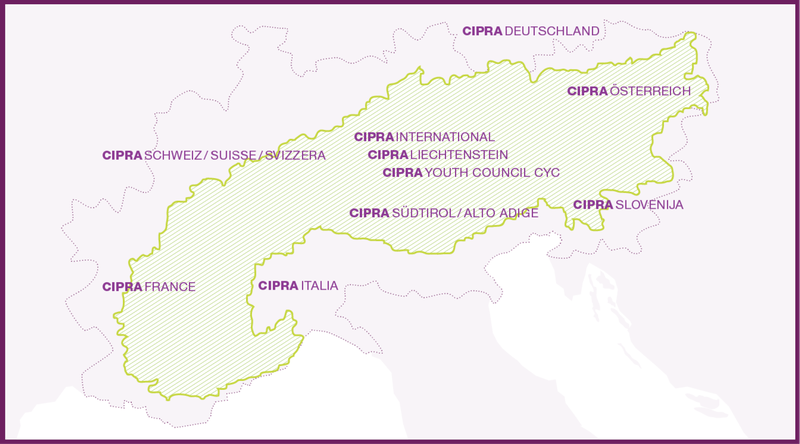Laura Haberfellner, CIPRA International Lab
Innovation to counter emigration
Emigration and the brain drain in the Alpine region: a new EU project involving CIPRA aims to counteract this trend. It is testing innovative governance models to strengthen mountain regions and create a win-win situation for regions of origin, destinations and young emigrants.
Who is CIPRA?
Find out more!
More articles
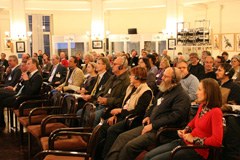
alpMedia | Schaan, LI
CIPRA Yearly Symposium 2010: "The Alps Adapting to Change"
CIPRA's 54th Yearly Symposium was held in Semmering/A (14-16 October 2010) to the motto of "The Alps Adapting to Change - Peripheral Regions Between Wasteland and Hope". It clearly showed that decision-makers are only now beginning to perceive the problems remote areas within the Alps are faced with. Unsurprisingly there were no patent remedies to the problems these areas have to contend with - indeed the circumstances and claims to exploitation in individual regions of the Alps are far too diverse and need to be countered in just as many ways. What remains is a need for debate and action for a sustainable, future-orientated development of peripheral rural regions in the Alps.

alpMedia | Schaan, LI
European mountain areas: focusing on trendsetting projects
In mid-September 350 experts and interested participants from 23 countries gathered in Lillehammer/NO to discuss the implementation of innovative projects in European mountain areas. By now in the mountains of Europe there are already multiple trendsetting projects in progress. One of the conclusions reached by the experts is that a better usage needs to be made of that potential, and that it also needs to be expanded further.
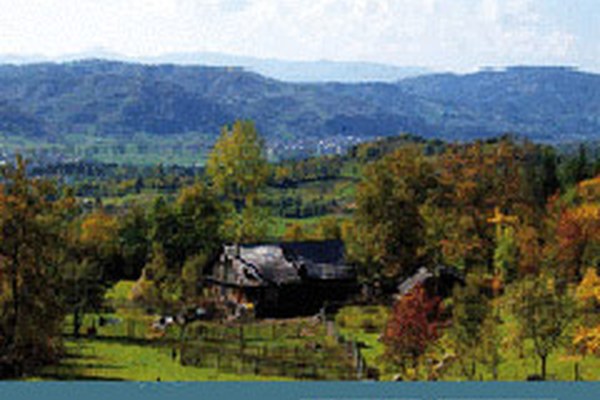
alpMedia | Schaan, LI
The true value of our mountains
The European Environmental Agency (EEA) has just published a new report titled Europe's ecological backbone: recognising the true value of our mountains. The report provides a comprehensive analysis of population numbers, ecosystems, water cycles, land use, and policies in mountain regions. The report focuses its attention on forces and interactions between the various issues and their impact on Europe's mountain areas.
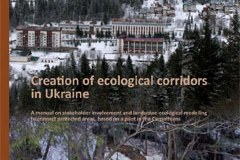
CIPRA Internationale Alpenschutzkommission | Schaan, LI
Experiences from the Carpathians: a manual on creation of ecological corridors
Based on a pilot project of realizing trans-boundary ecological connectivity in the Ukrainian Carpathians a manual on stakeholder involvement and landscape-ecological modeling to connect protected areas has recently been published.
Events
|
RECHARGE EUROPE | Alpbach (Austria) |
Projects
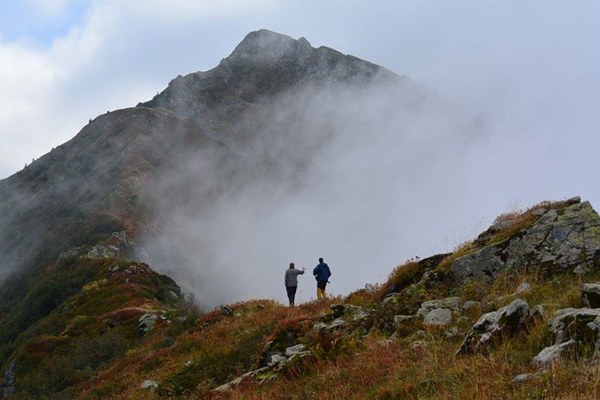
CIPRA International
Worthwild
[Project completed] Only minimally impacted by human intervention, areas with limited infrastructural development in the Alps provide European societies with a wide range of ecosystem services, such as the conservation of biodiversity and climate regulation.
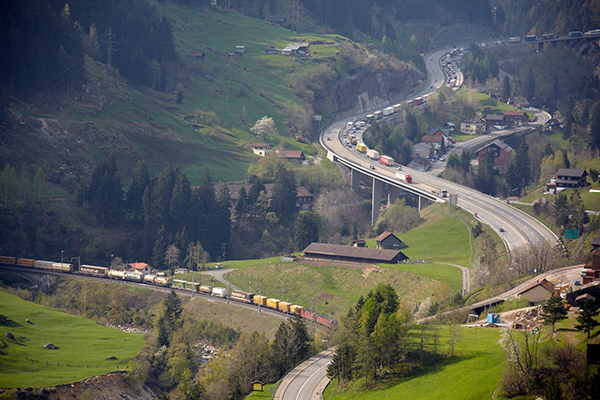
CIPRA International
AlpInnoCT
[Project completed] The Alps are a sensitive ecosystem that has to be protected from pollutant emissions and climate change. The alpine road freight transport has enormous ecological and sociocultural effects on the alpine habitat. Most actors such as forwarders, port operators, administrations and consumers, are aware of these negative effects and they are working on their own technical or regulatory solutions. However, a constructive and participatory dialogue between all involved actors, in order to promote sustainable freight transport within the Alps, has not been established so far.
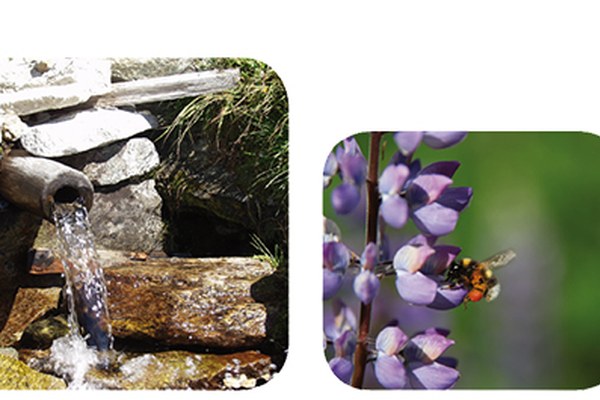
CIPRA International
AlpES
[Project completed] Ecosystems and their services go beyond national borders and need a transnational approach for their dynamic protection, sustainable use, management and risk prevention. As a basis for joint action, public authorities, policy makers, NGOs, researchers and economic actors – the AlpES target groups – need a common understanding of ecosystem services, comparable information on their status and support in using appropriate tools for integrating them in their fields of work.

